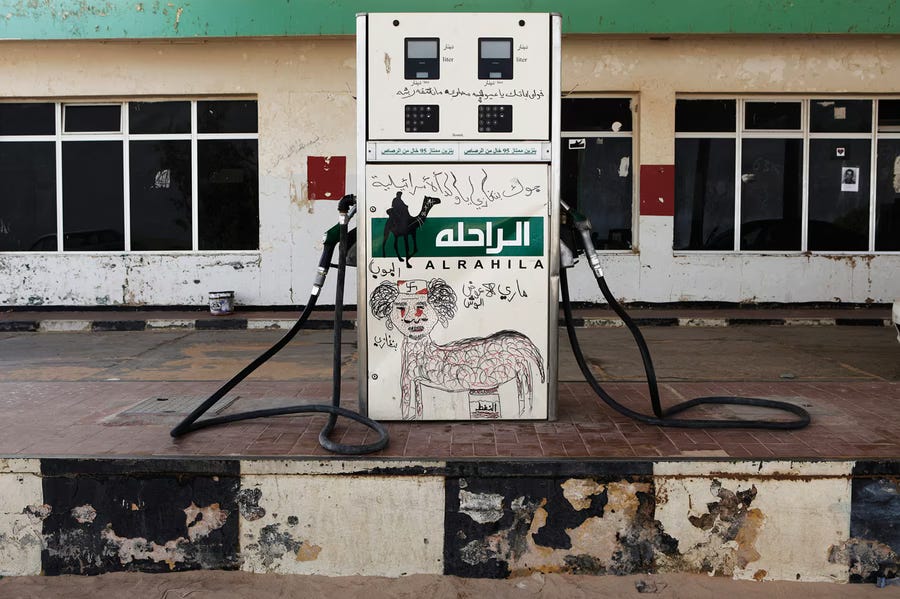Libya Tilts West: BP, Shell Deals Mark European Push for Energy Security
Morocco is getting left behind in North Africa's shifting energy landscape.
On 7 July, British Petroleum (BP) announced plans to reopen its office in Tripoli. The oil giant halted exploration in Libya in 2014, resumed it a decade later in 2024, and now aims to reopen later this year. Executives signed an MoU with Libya’s NOC to evaluate hydrocarbon potential in areas adjacent to the Sarir and Messla fields. Similarly, Shell inked a separate MoU with the NOC for assessing prospects and conducting feasibility studies on the al-Atshan oilfield and other fully owned NOC assets. These deals mark a cautious return of European majors to Libya, absent since the 2011 civil war disrupted operations.
Libyan Energy: From Nationalisation to Westernisation
Historically, BP and Shell did not dominate Libya's energy sector pre-war; the NOC served as the chief custodian, managing oil and gas through joint ventures and production-sharing agreements where it retained 80-90% stakes in reserves and production. This resource nationalist model under Gaddafi balanced sovereignty with foreign expertise, but post-war instability—militias, rival governments—exposed fractures, prompting many firms' exit.
The recent agreements signal Libya's pivot towards the West, attracting FDI to boost output from 1.3 million to 2 million barrels per day by 2030, aiding economic stabilisation and reconstruction. Politically, they enhance ties with Europe, contrasting past reliance on Russian or Chinese entities, and align with a 2025 licensing round drawing 37 international firms. Yet, implications extend regionally; coupled with Britain's recent rejection of the Morocco-UK power cable project, the UK energy appears to be repositioning, potentially prioritising hydrocarbon security over green imports amid global tensions.
This European repositioning tilts advantages in the Maghreb energy arena. Morocco's renewable ambitions have already borne the brunt of the UK snub and stand to suffer further, diminishing its status as a regional green energy hub. A Libyan oil surge could compete with Algeria's gas exports to Europe. However, Algeria counters via its June mining law reforms (Law No. 25-06), lifting foreign ownership to 80% and streamlining permits. This positions Algeria to siphon FDI in critical metals, further intensifying competition with Morocco amid the green transition.




